-
Research brief: How supercooled water makes Southern Ocean clouds brighter
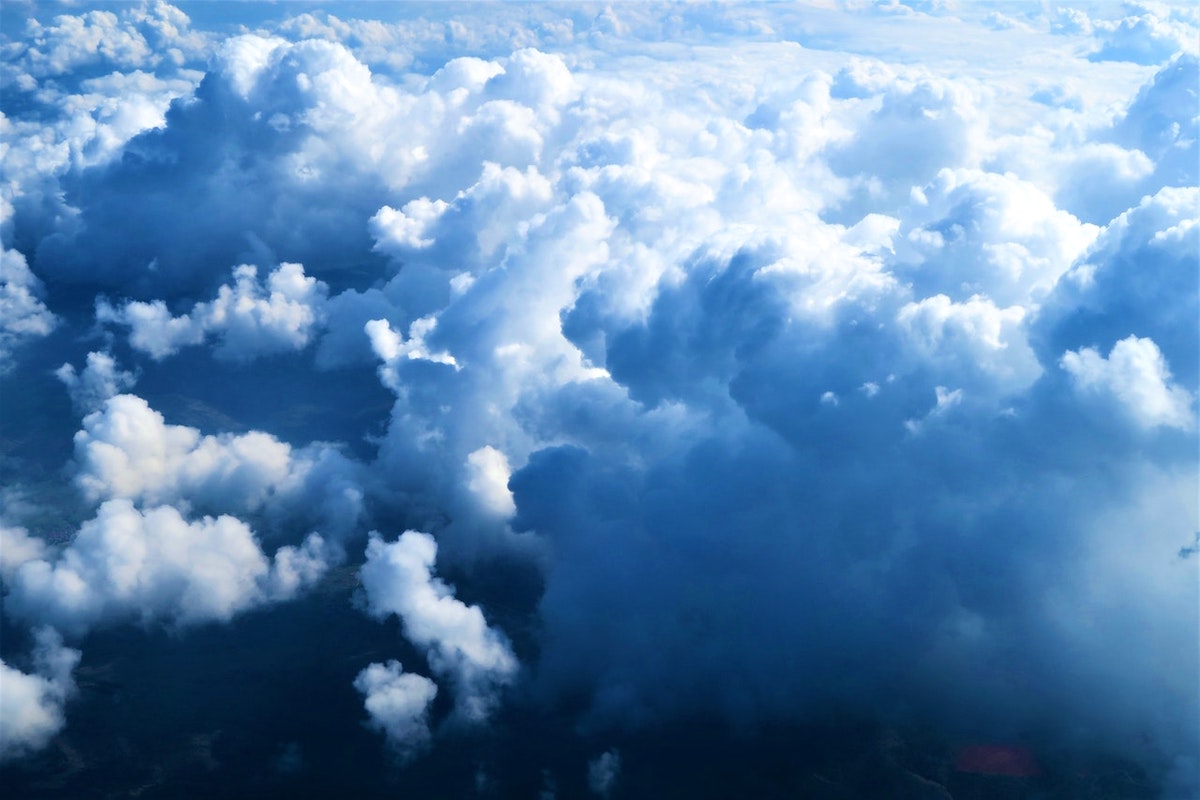
In this study, CLEX researchers used aircraft observations from twenty flights during three Austral winters to study the microphysical and reflective properties of shallow convective clouds over the mid-latitude Southern Ocean.
-
Research brief: Antarctic ocean warming doubles under high emission scenarios
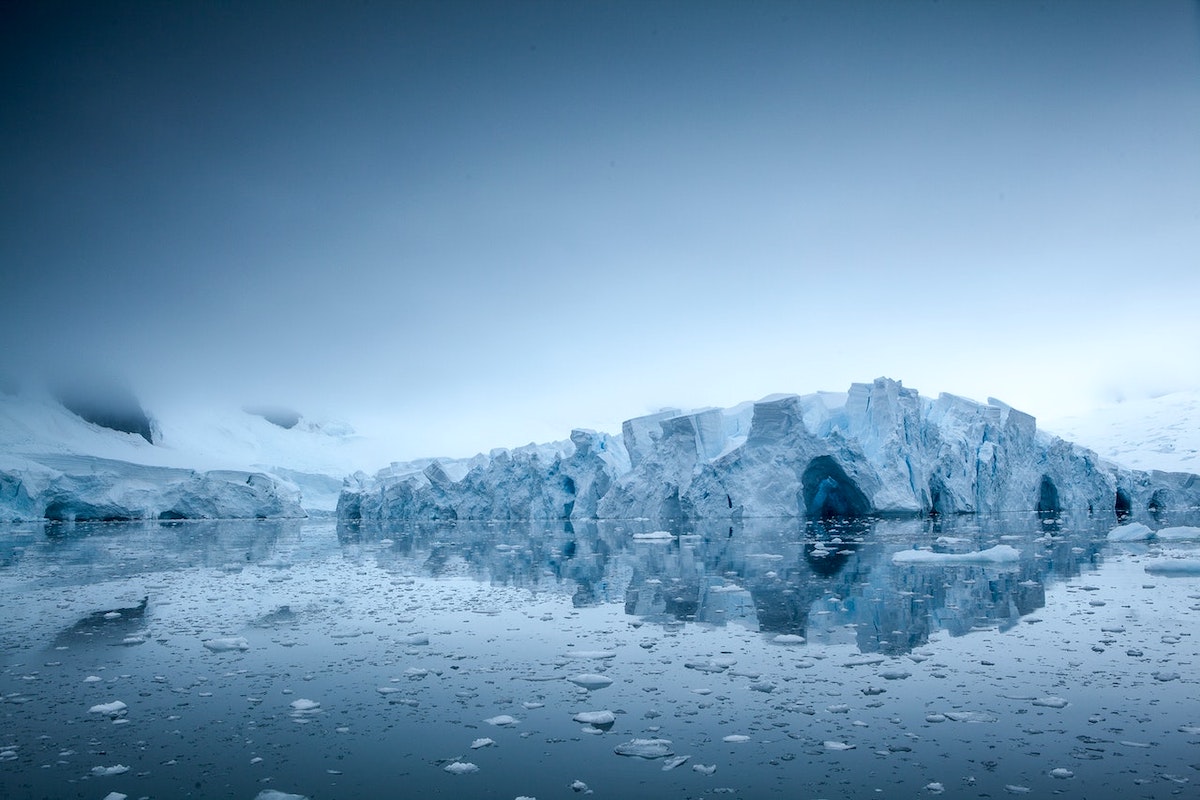
CLEX researchers found the ocean around Antarctica will warm under future emission scenarios, with the level of warming under the high emission scenario almost double that under the medium-low emission scenario.
-
Research brief: How sudden stratospheric warming is useful for weather prediction

Recent studies have debated whether the two types of sudden stratospheric warming – displacement events when the vortex is displaced off the Pole and split events when the vortex splits into two smaller vortices – have differing near-surface impacts.
-
Research brief: Researchers construct oldest daily climate dataset for Perth

CLEX researchers have constructed the oldest daily historical climate dataset for Perth, southwestern Australia, to provide an extended record for analysing pre‐industrial climate variability and extremes for the region.
-
Research brief: Latrobe Valley soil contamination some of the worst in the world
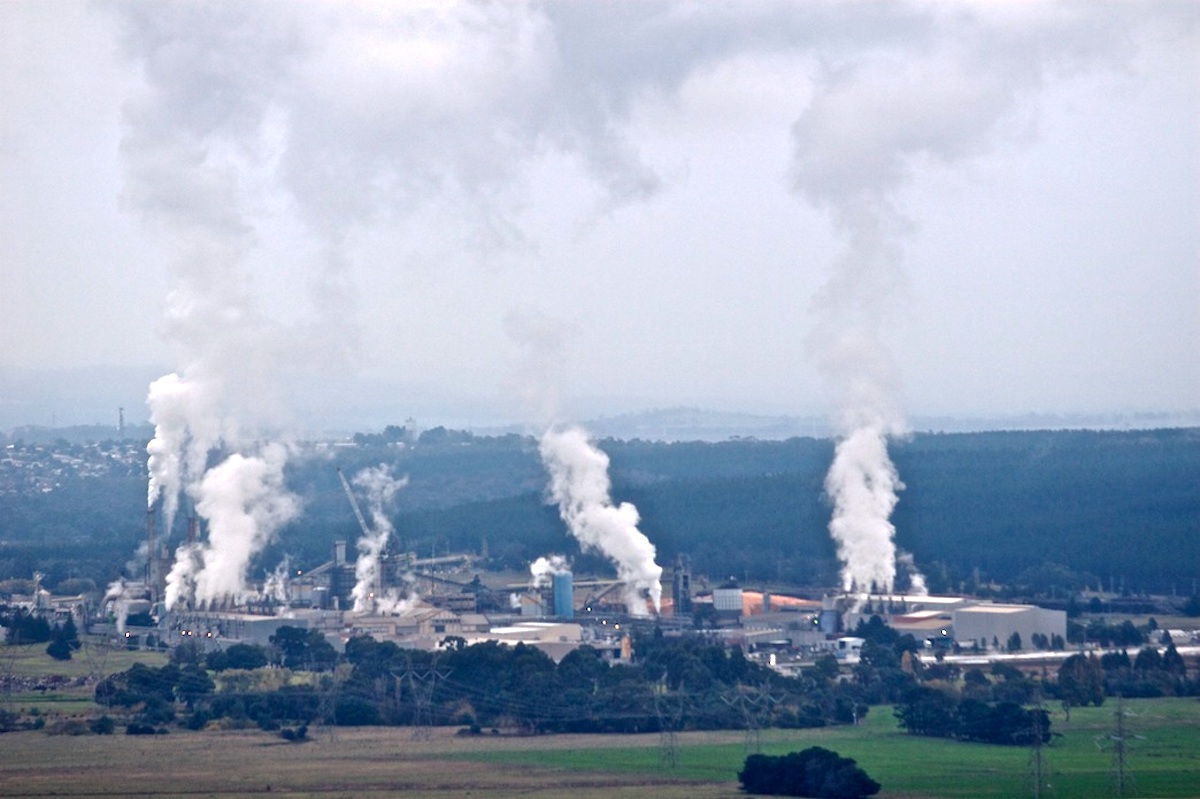
Researchers report gaseous elemental mercury observations from Churchill, in the heart of the Latrobe Valley’s coal power generation fleet from June of 2013. Mercury values both day and night were significantly higher than the Southern Hemispheric average values.
-
Research brief: What causes the world’s deepest low-pressure system
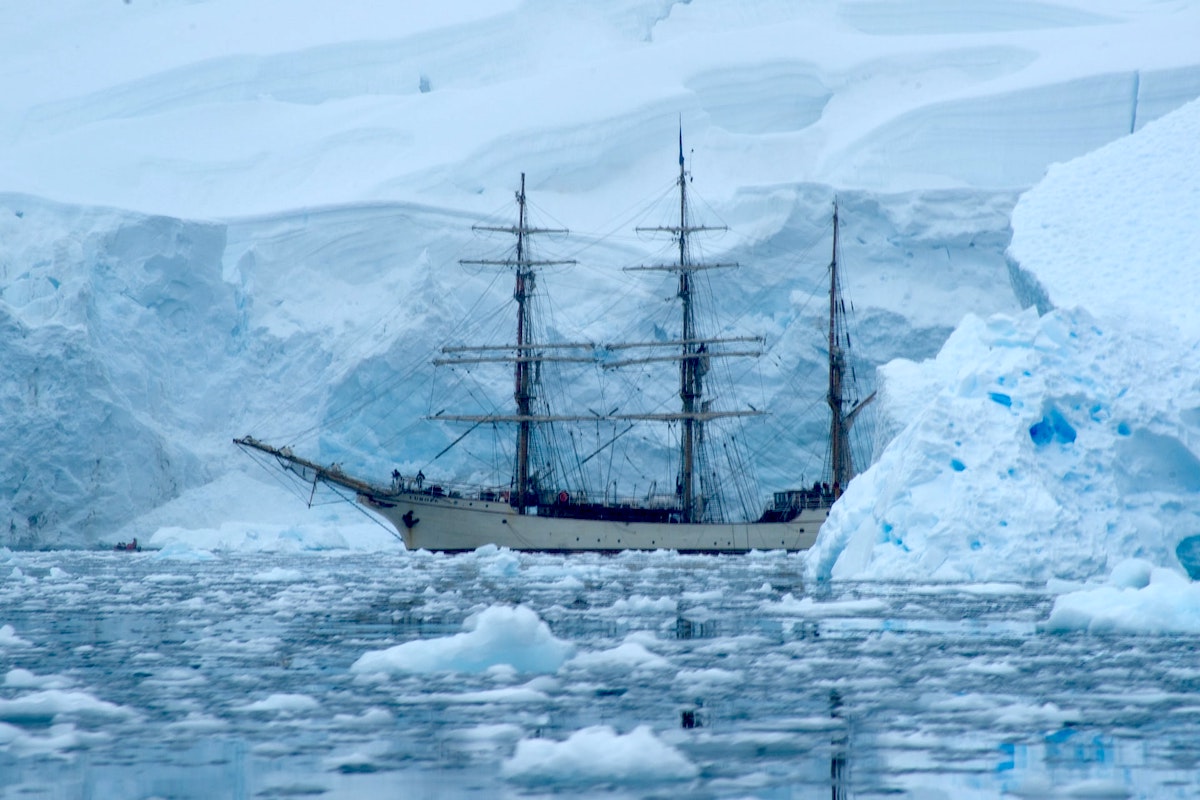
In this study, researchers combine techniques from climate modelling and aircraft aerodynamics software to uncover mechanisms responsible for generating the Amundsen Sea Low pressure near Antarctica.
-
Research brief: The mystery of vertical mixing in the eastern Pacific cold tongue
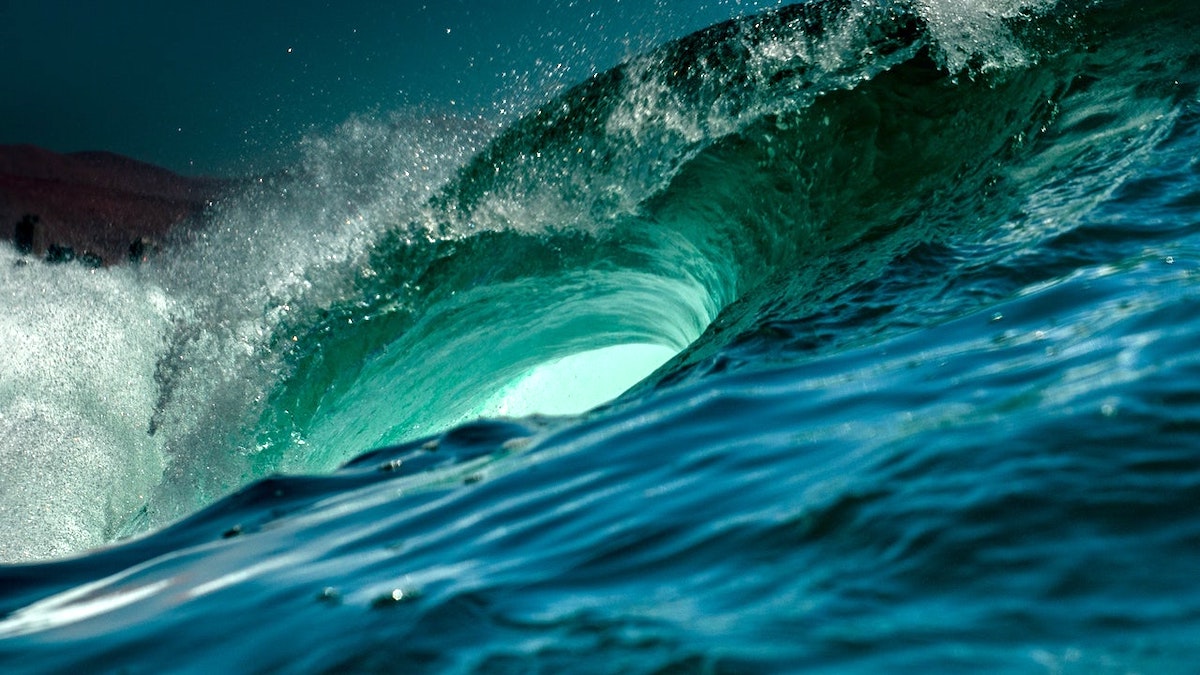
In this study, the researchers used a high-resolution numerical simulation of the cold tongue region to show that strong turbulent mixing occurs not only on the Equator, but also off the Equator on the edge of the cold tongue associated with passing energetic oceanic waves with periods of 15-40 days known as Tropical Instability Waves.
-
Research brief: How Central Pacific El Niños affect rainfall over the Murray Darling basin
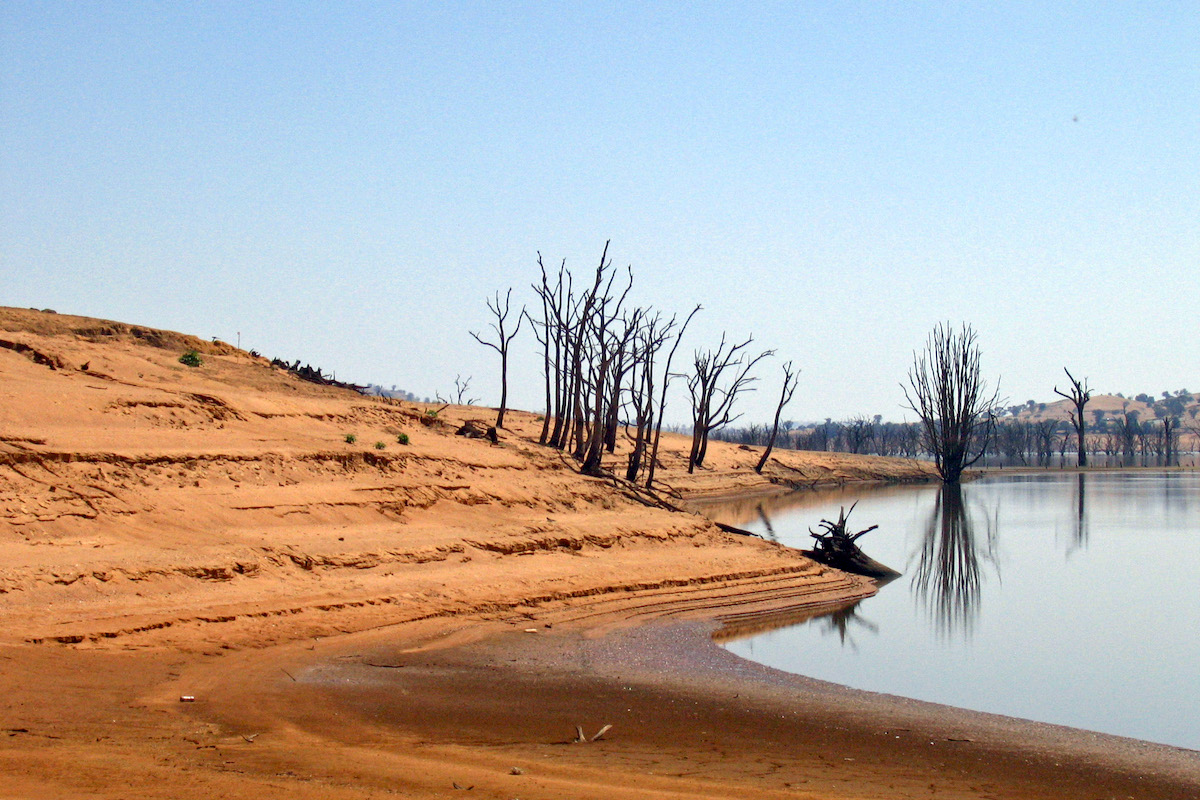
This research around central Pacific El Niños is important for agricultural and water resources planning efforts in the Murray Darling Basin region and may help with seasonal prediction efforts to predict drought‐breaking rain such as occurred in early 2020.
-
Research brief: Do aerosols produced by coral reefs influence climate?
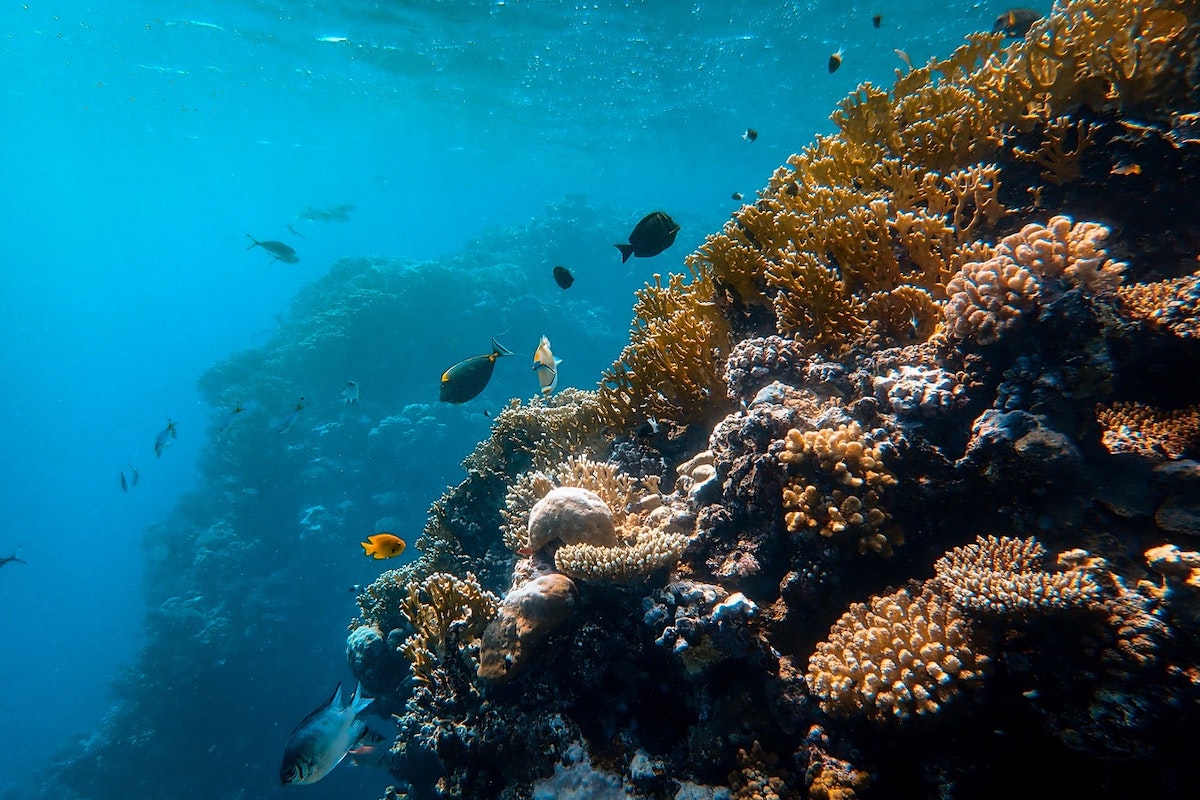
Coral reefs are known to produce a chemical called dimethyl sulfide (DMS), which, when released into the atmosphere, can help form or grow tiny particles known as aerosols. Currently, this source of aerosols produced by coral reefs is unaccounted for in climate science and hence the impact of coral reef extinction on aerosols and climate…
-
Research brief: What drives extreme heat events in spring?

Maximum temperatures in Australia during spring have exceeded historic records on multiple occasions in recent years. Understanding what drives these high temperatures may lead to better forecasts of extreme heat in the future.
